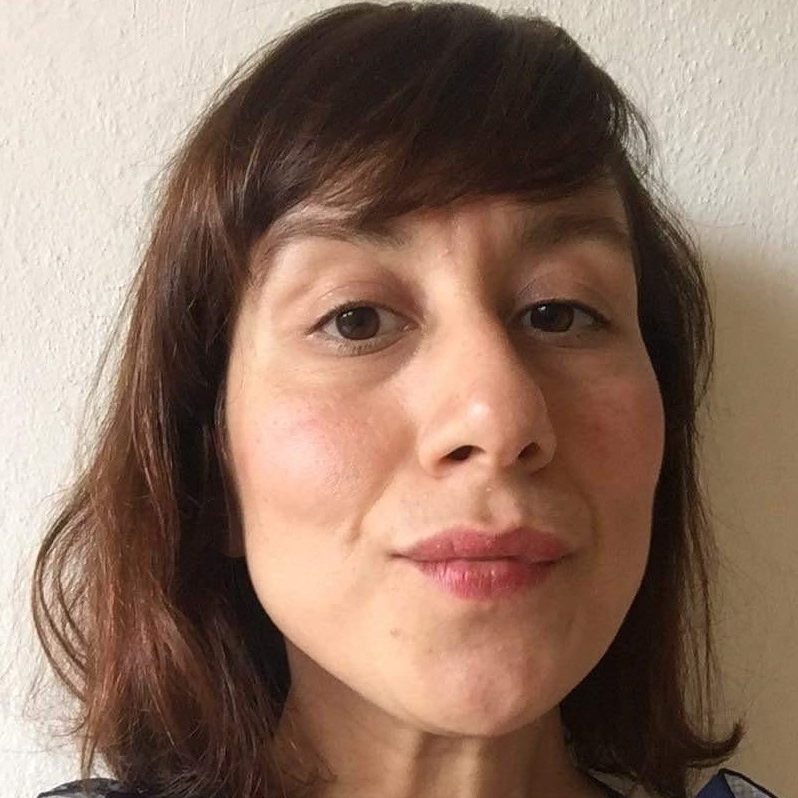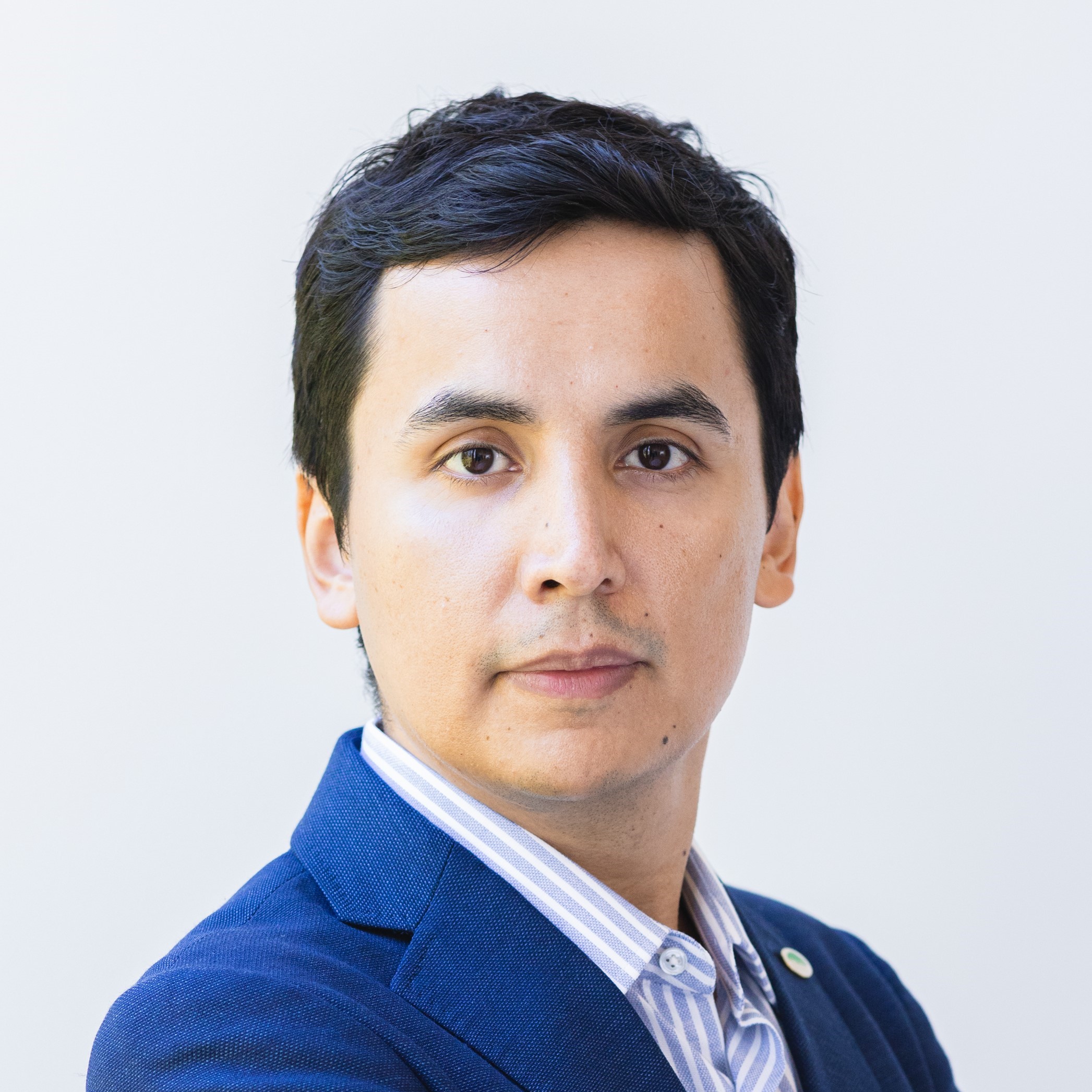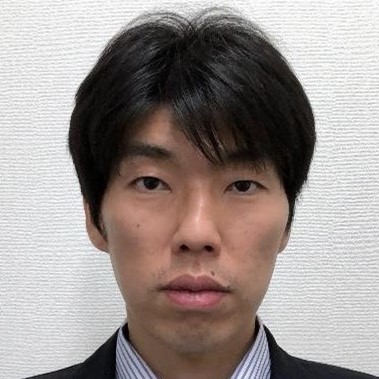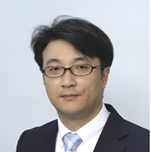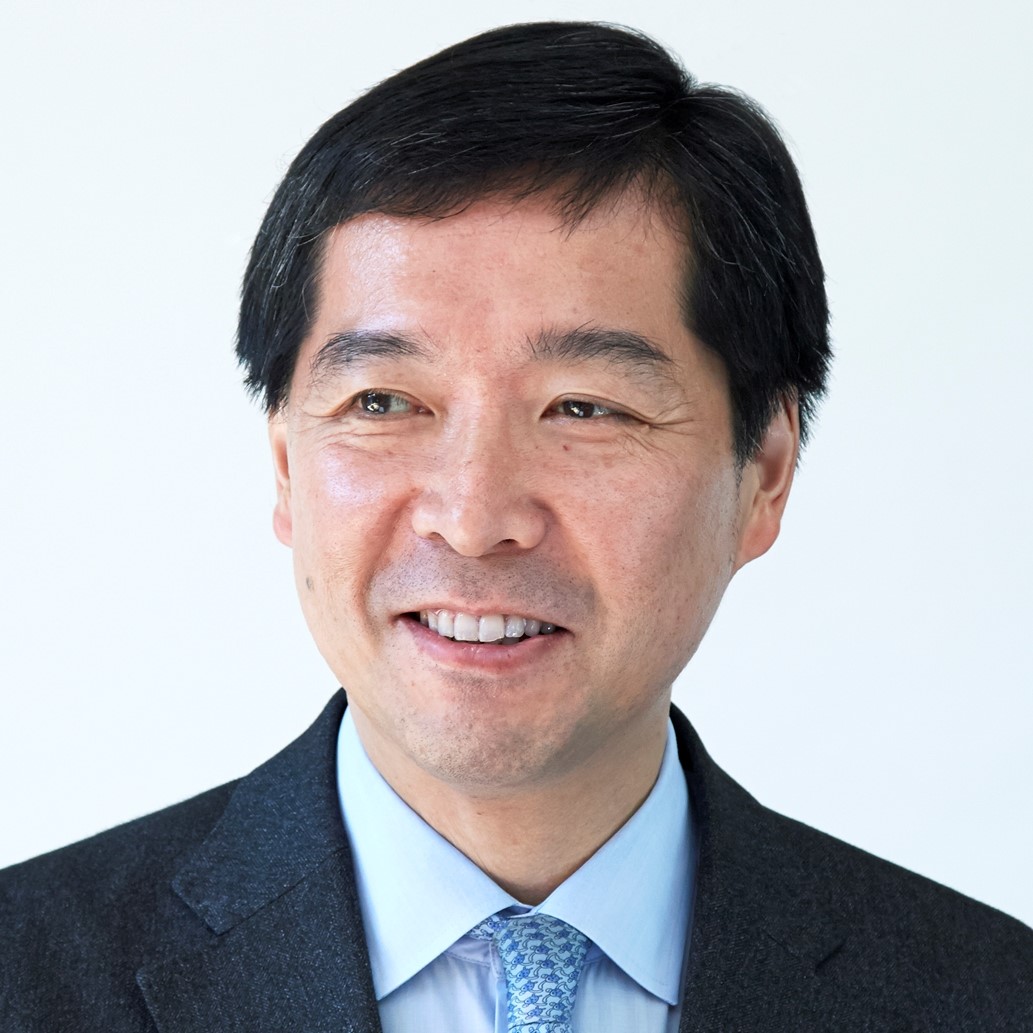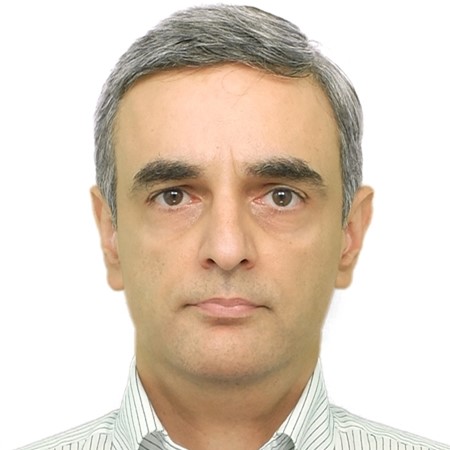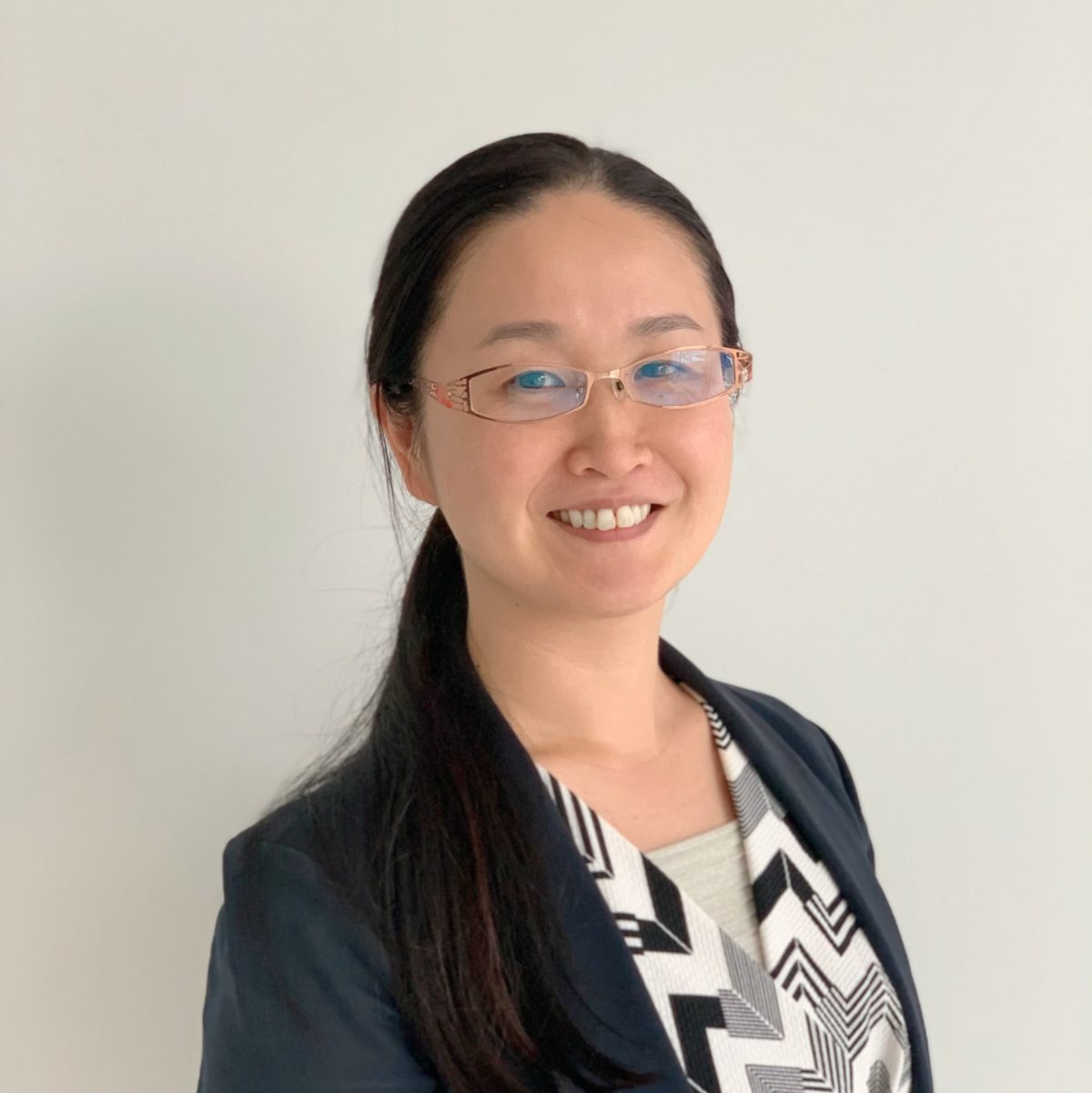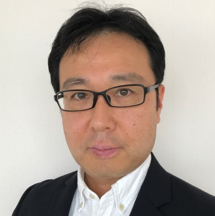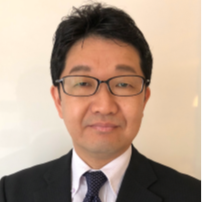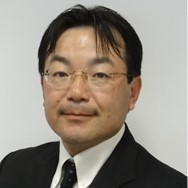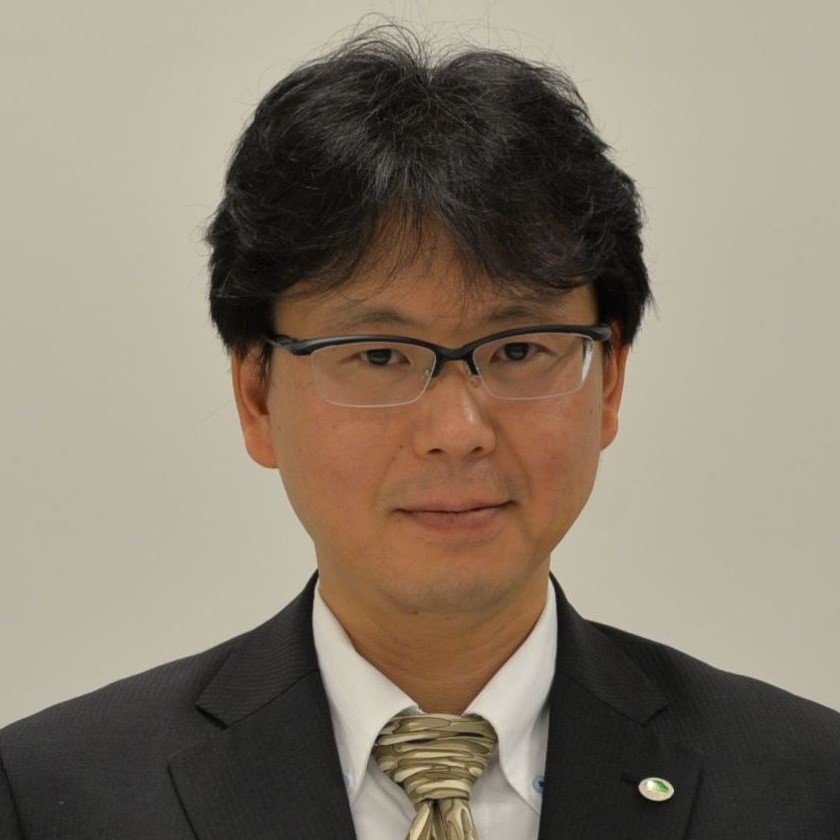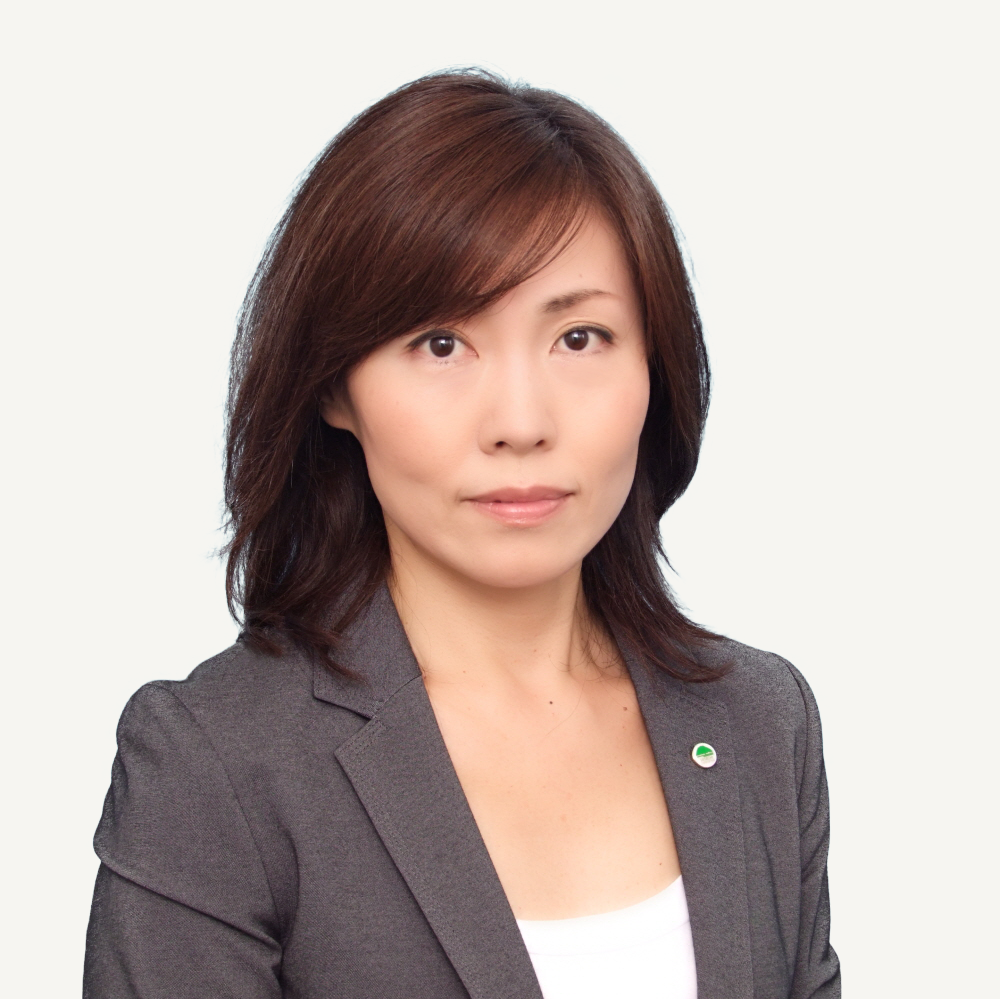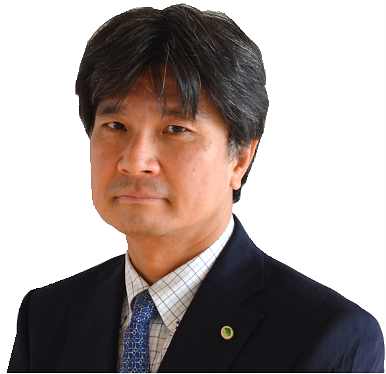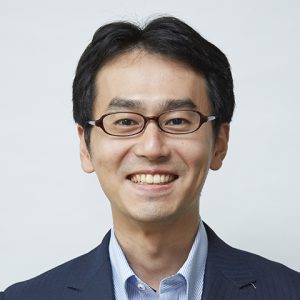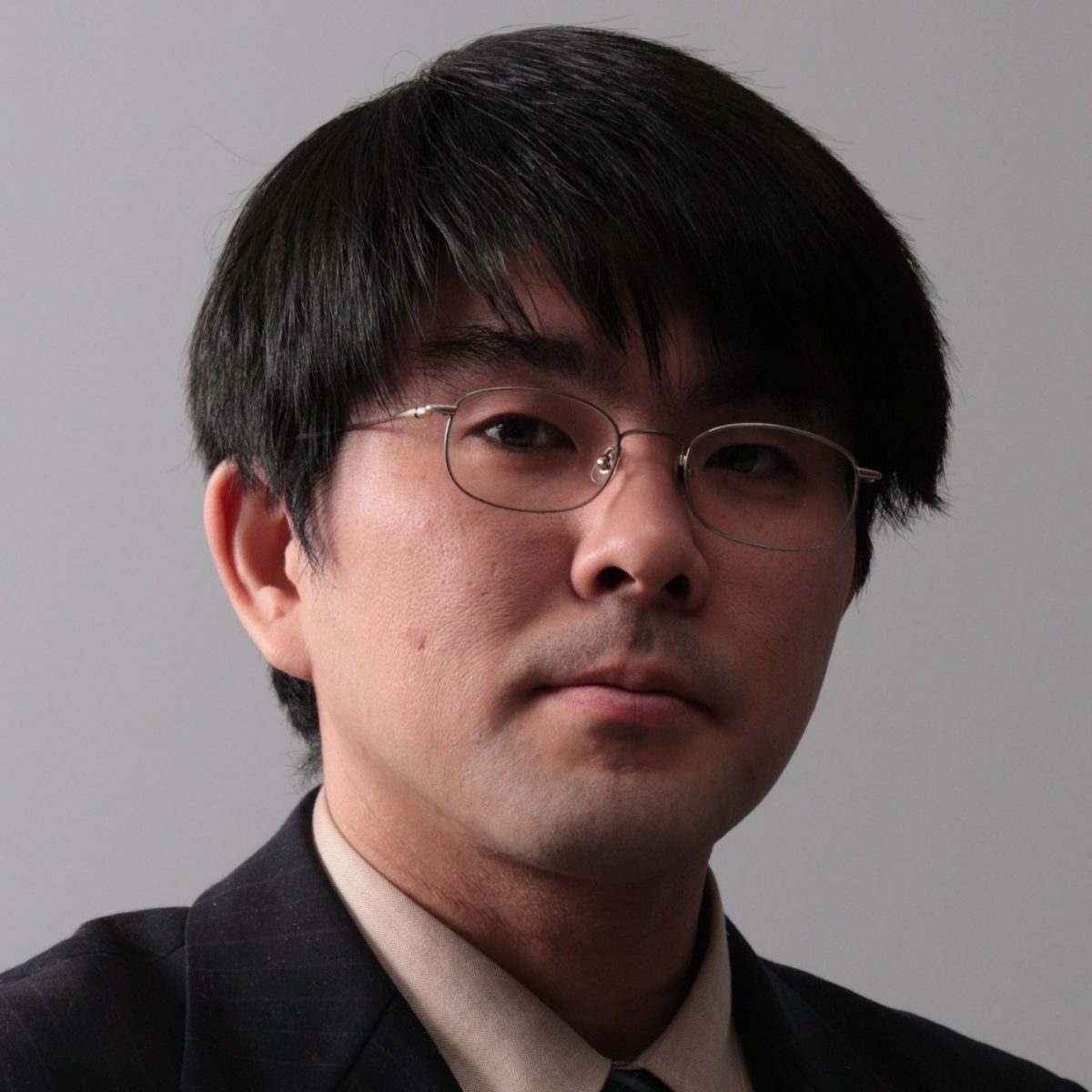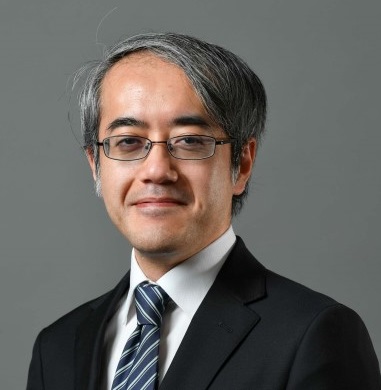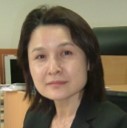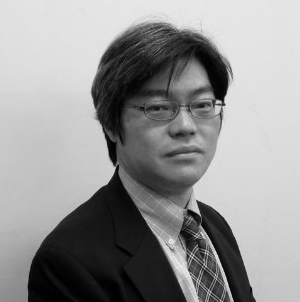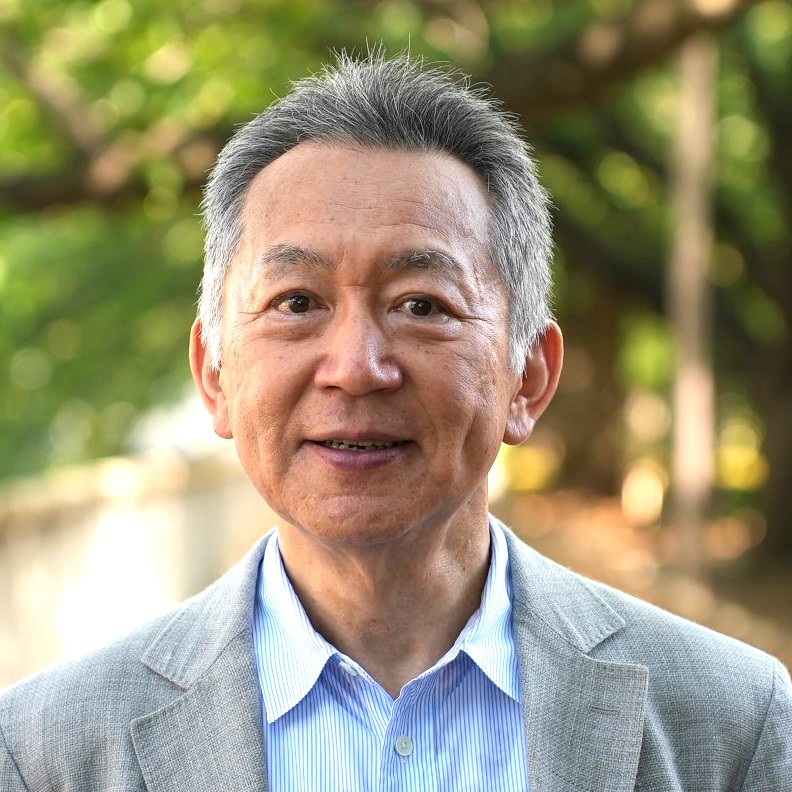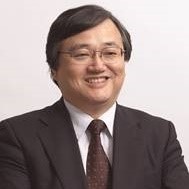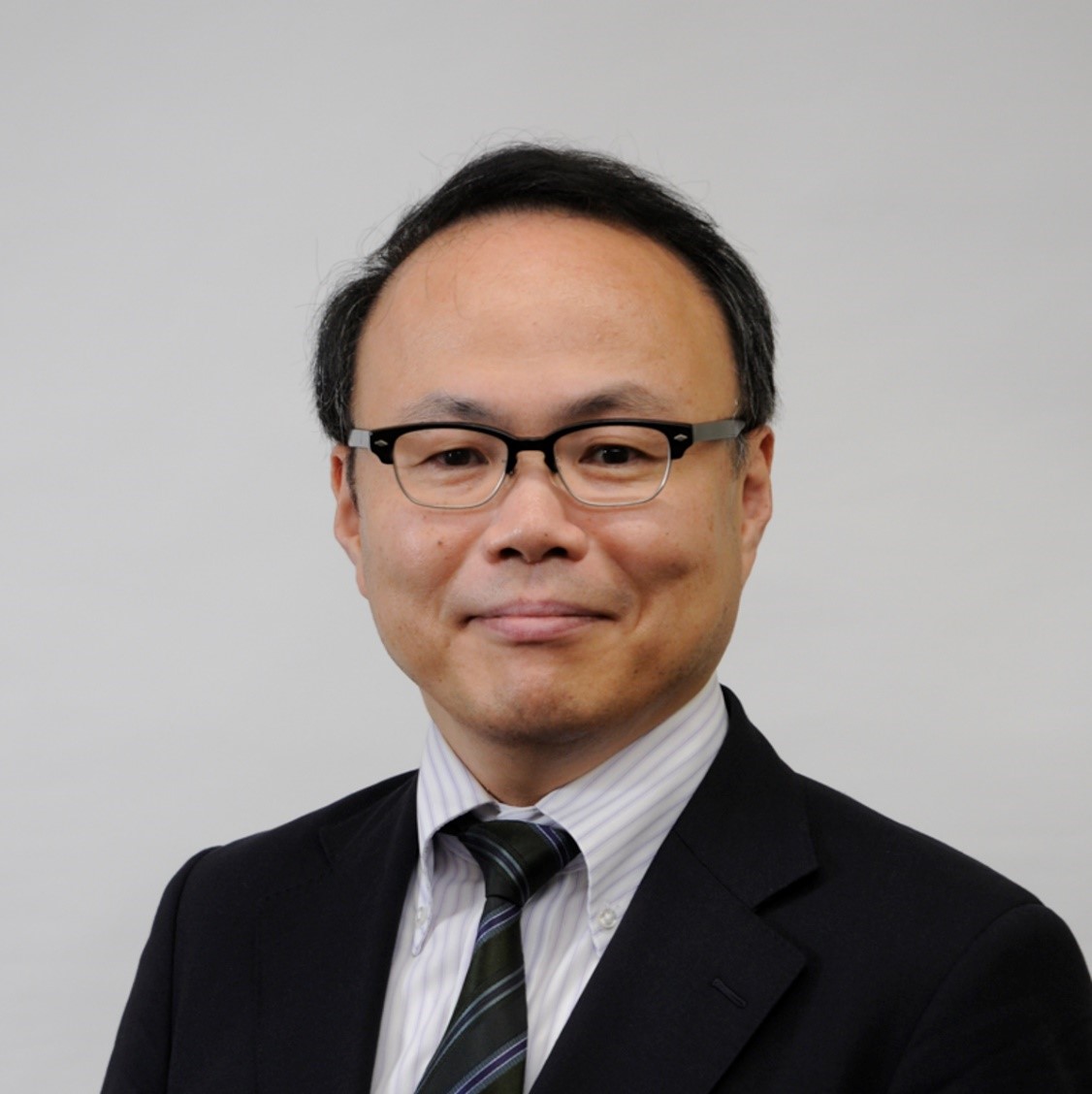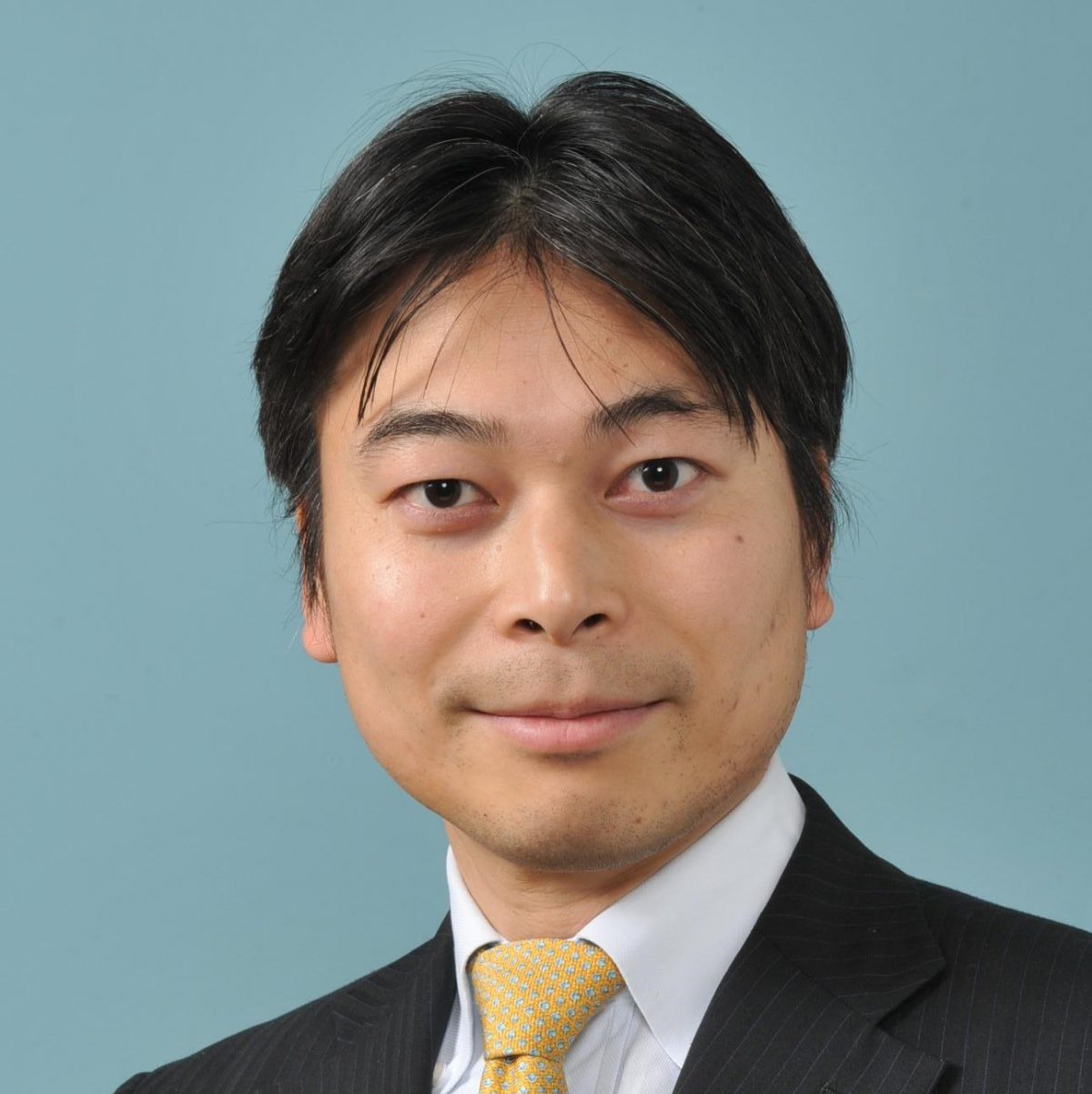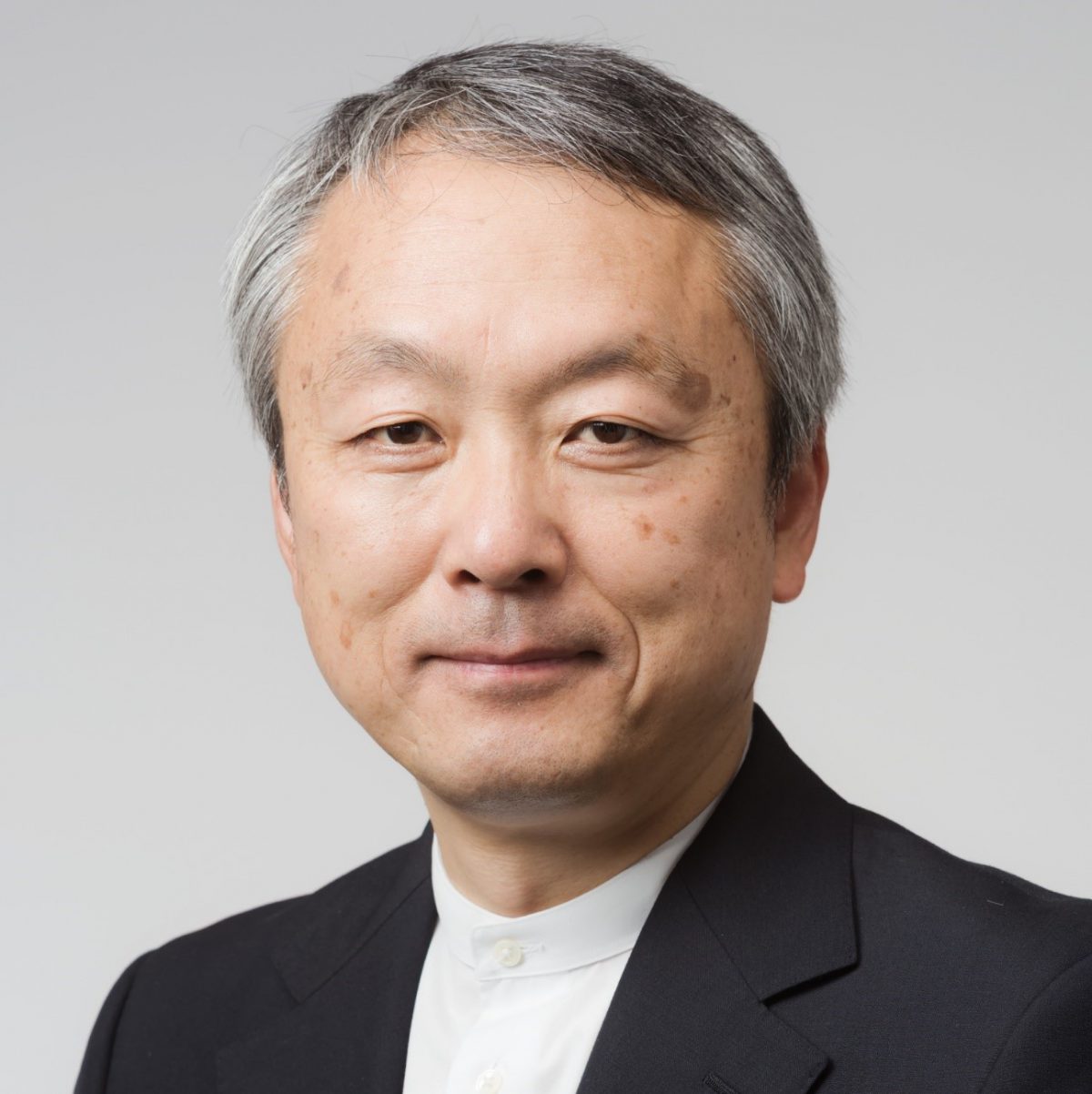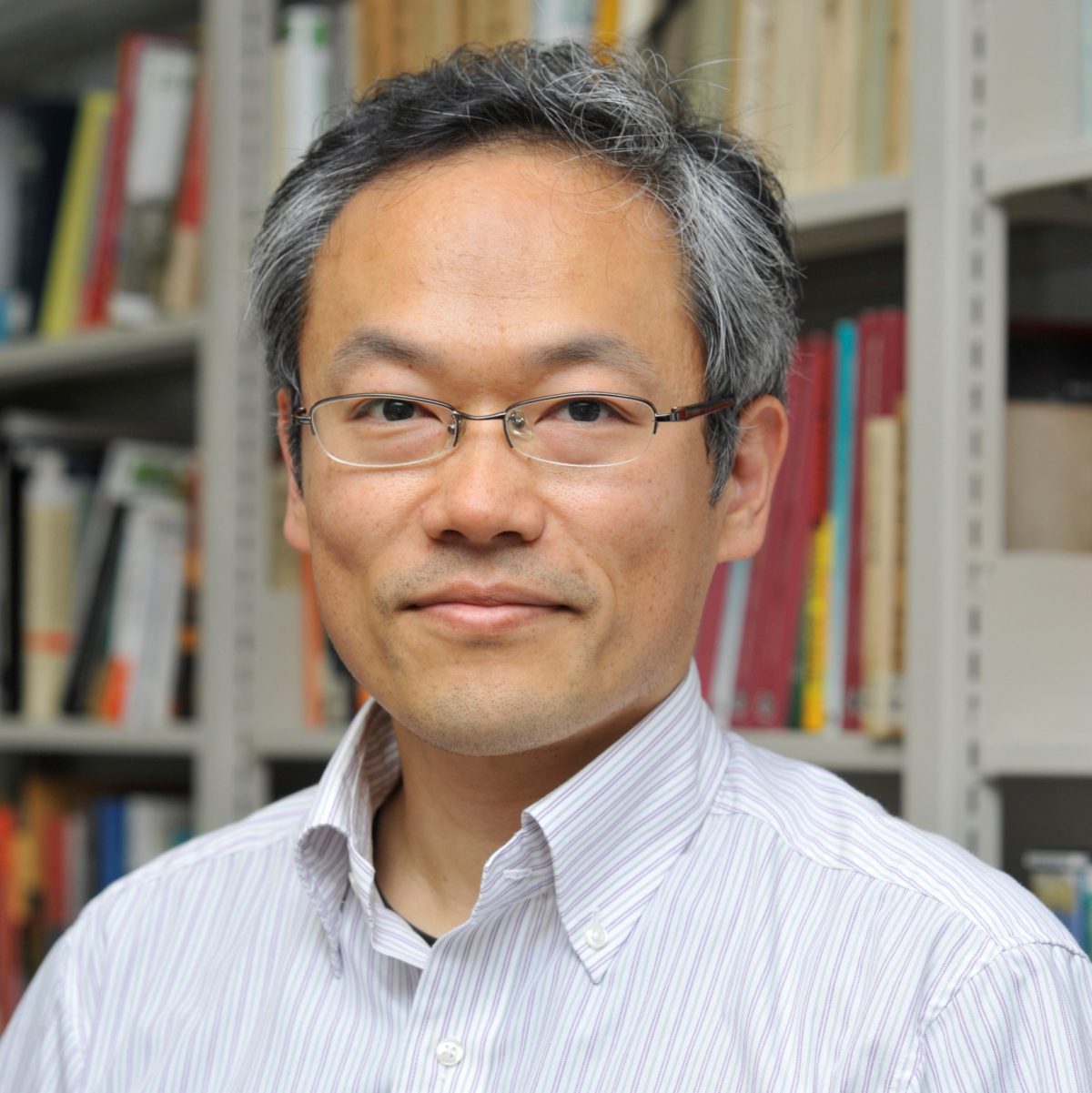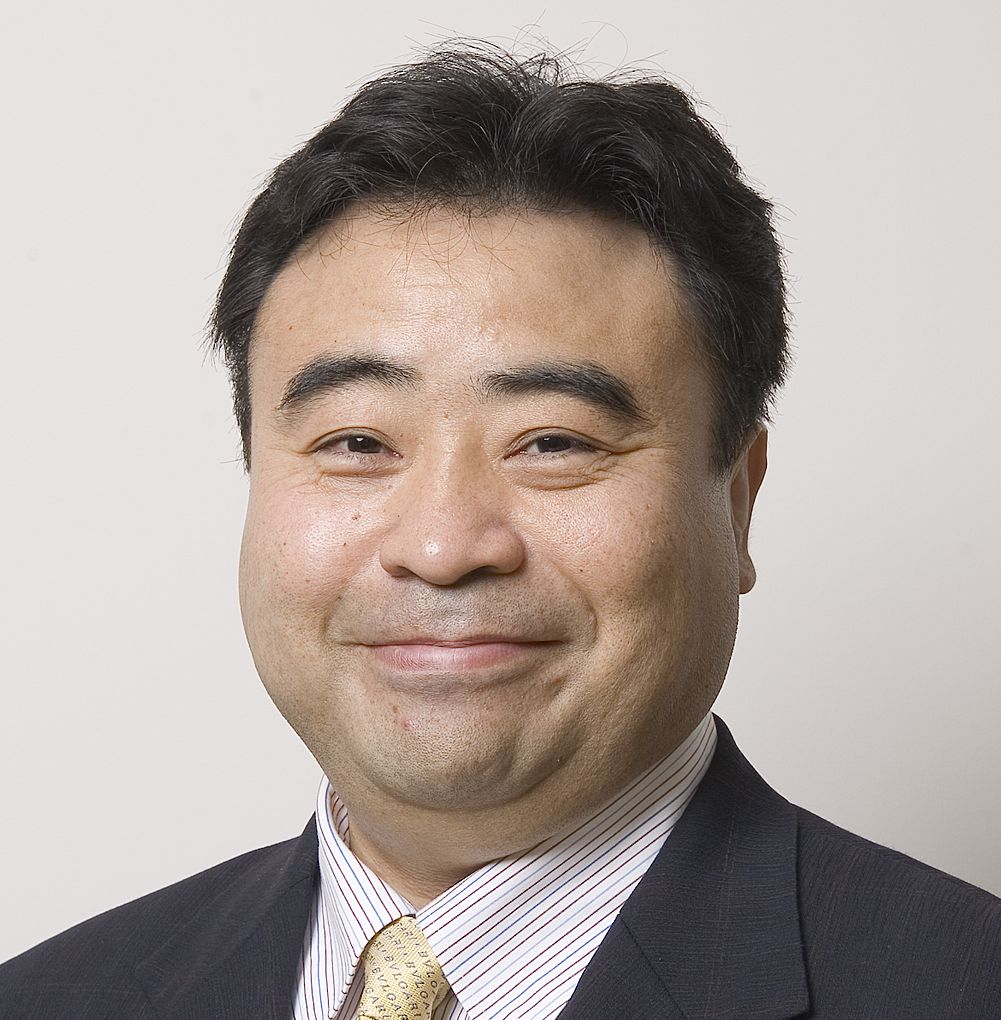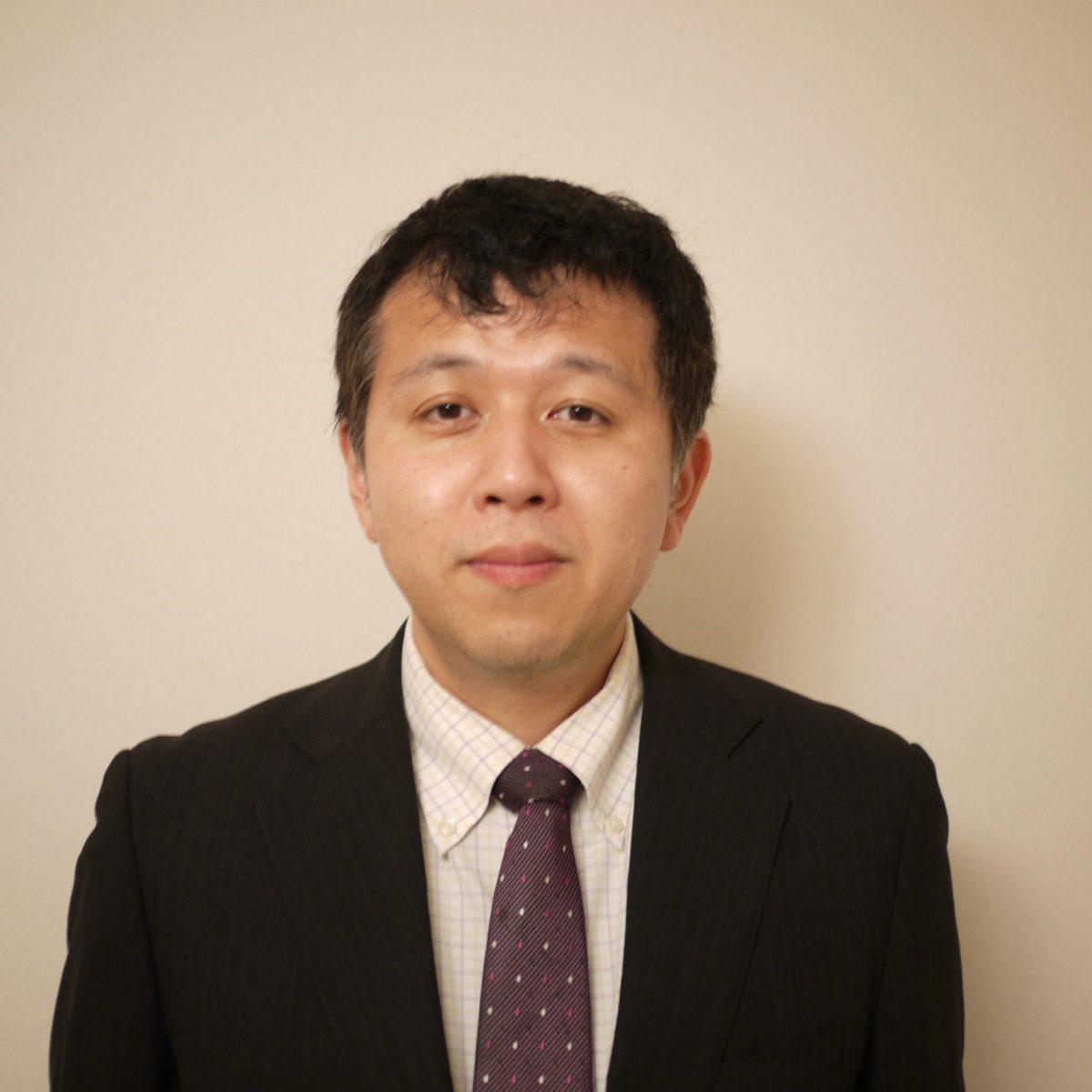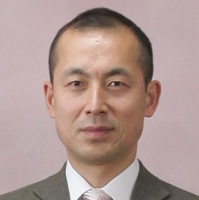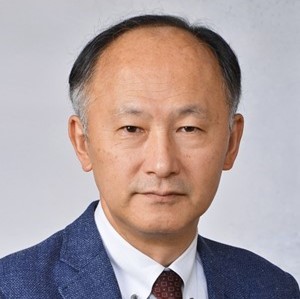Dr. Pinar Temocin was trained in hydrobiology engineering in Turkey, Philosophy in Turkey and Germany, and Comparative Politics and Public Policy in France. Before entering the Hitachi-UTokyo Lab. in November 2023, she completed her doctoral studies at Hiroshima University, researching nuclear energy policies and environmental civil society organizations within the post-Fukushima context. As a project assistant professor under the Hitachi-UTokyo Lab., she focuses on hydrogen and ammonia co-firing technology, bridging her educational background
in political science and research expertise in sustainability studies. While working at the Institute for Future Initiatives, University of Tokyo, she is also leading the case study in Japan as part of the GOGREEN, a global research project on the local co-creation of green transitions, led by Roskilde University, Denmark. Additionally, she is currently a non-residential visiting fellow at the Sigur Center for Asian Studies, Elliott School of International Affairs, George Washington University, USA.
Using her interdisciplinary research experience in environmental governance, stakeholder engagement, and energy policies, Dr. Temocin carried out research in several research institutes worldwide, including the University of Auckland and Seoul National University. She actively collaborates with scholars internationally and produces research papers on energy issues.
MEMBER_CATEGORIES: ENERGY
Efrain Tamayo, Dr.
In 2014, after completing his doctoral degree at the Department of Advanced Interdisciplinary Studies, Graduate School of Engineering, The University of Tokyo, he joined Hitachi, Ltd. He is engaged in research and development related to increasing the integration of renewable energies. From 2016 to 2021, he was seconded to Hitachi Europe’s R&D in London, where he developed Sustainable Finance Platform. After returning to Japan, he joined the Energy Business Division and supported the synergy creation with Hitachi Energy focusing on 24/7 carbon-free energy. From April 2024, he has been involved in the joint research between Hitachi UTokyo Laboratory and Imperial College London.
Tsunedomi Kunihiko
Hibara Akira
Ohata Yasuhiro
Takeuchi Tomoya
Imanaka Masaki
Hatakeyama Tomoyuki
Watanabe Ayumi
Baba Atsushi
Chen, Emmy Yi-chun
Yi-chun Chen works as a project researcher at the Institute for Future Initiatives, The University of Tokyo since November 2020. She has a BA in Political Science from National Taiwan University, and obtained her Ph.D. in Global Environmental Studies (environmental economics field) from Kyoto University in 2019. Her research interests include energy transition studies, renewable energy policies, and sustainable niche development.
Shiroyama Hideaki
Hideaki SHIROYAMA is a professor of public administration at the Graduate School of Public Policy and the Graduate School for Law and Politics, The University of Tokyo. He studies about global governance/ international administration, science/ technology and public policy and policy process. He was the Dean of the Graduate School of Public Policy from 2014 to 2016 and the Director of Policy Alternatives Research Institute from 2010 to 2014. He is the Director of Science, Technology, Innovation and Governance Program and the Coordinator of Graduate Program for Social Design and Management. He serves as a member of various government advisory councils on higher education, nuclear safety, consumer safety, space policy and AI/ IT. His major publications include “Technology Governance” in Sustainability Science: A Multidisciplinary Approach, United Nations University Press, 2011, “Governance for sustainability: knowledge integration and multi-actor dimensions in risk management”, Sustainability Science, vol.7 (2012), International Administration (Yuhikaku 2013) and Science, Technology and Politics (Minerva Publisher 2018).
Joao Gari da Silva Fonseca Junior
Urabe Chiyori T.
Chiyori T. Urabe received a Doctor of Human and Environmental Studies from Kyoto University in 2006.
Since 2014, she has been a Project Assistant Professor at the Institute of Industrial Science, the University of Tokyo.
Her research interests include energy system integration.
Sato Yasuo
Director of the Energy Innovation Center of the Research and Development Group, Hitachi, Ltd.
In 1994, he completed his studies in the Graduate School of Engineering, Yokohama National University, and joined Hitachi, Ltd.. Posted to the Hitachi Research Institute, developed electric power system stabilization systems, and created electric power trading support systems. In 2008, he was sent overseas to Washington, DC. He participated in the establishment of research and development strategy for smart grids under green new deal policies. After his return to Japan, he resumed research and development. In 2013, he was appointed to his present position, in which he is responsible for the research themes: response to electricity deregulation, energy management, and electric power electronics application products.
Yamada Tatsuya
In 1987, joined Hokuriku Electric Power Company. After a 1998 posting to the Institute of Energy Economics, he joined Hitachi, Ltd. in 2002. He works on the planning of business strategies for energy-related businesses. In 2014, he became Director of the Management Planning Department of the Strategy Planning Headquarters, then in 2016 Director of the Energy Solution Business Unit Strategic Planning Headquarters, and was appointed to his present position in 2018.
Watanabe Masahiro
In 1991, completed a Master’s course specializing in system engineering in the Graduate School of Engineering, Hiroshima University, and joined Hitachi, Ltd.. At Hitachi Research Institute, worked on analysis of electric power systems and research and development of control technology. In 2015, completed a doctoral course in the Graduate School of Engineering, Hiroshima University. Appointed to his present position in 2016. Doctor of Engineering.
Sasaki Koji
Inagaki Yukihide
Fukumoto Takashi
Iizuka Hidehiro
Suzuki Tomoko
Kawamura Tsutomu
Ito Tomomichi
Kusumi Naohiro
Yamaguchi Kensuke
Sugiyama Masahiro
Masahiro Sugiyama is an Associate Professor at the Institute for Future Initiatives(IFI), the University of Tokyo. He holds a Ph.D. in climate science and a master’s degree in technology and policy, both from MIT. Prior to joining PARI, he was a researcher at the Socio-Economic Research Center, the Central Research Institute of the Electric Power Industry. He joined PARI in April, 2014. An expert on global warming, he has worked on various topics related with climate change, ranging from energy efficiency in global scenarios to citizens’ views on climate geoengineering. His works have been published in various academic journals, including Nature(http://doi.org/10.1038/531029a).
Baba Jumpei
He received a Ph.D in electrical engineering from the University of Tokyo in 2001.
He joined Tokyo Univesity of Science as an assistant in 2001, and joined the University of Tokyo as an assistant in 2003.
He was appointed as a lecturer in 2005, and has been an associate professor from 2006.
He is a member of IEEE, IEEJ, IEIEJ and CSSJ.
His main interest is power electronics, power systems, energy storage systems and renewable energy sources.
Komiyama Ryoichi
Ryoichi Komiyama obtained a Ph.D. degree of electrical engineering from the University of Tokyo in 2003. He served as senior researcher in Institute of Energy Economics, Japan (IEEJ), research associate in the University of Tokyo and present position since 2022. His fields of research are energy system modeling and analysis.
Iwafune Yumiko
Sakata Ichiro
Dr.Ichiro Sakatawas born in 1966.
He is Professor, former Head of the Department of Technology Management for Innovation (TMI) and Director of Innovation Policy Research Center, the Institute of Engineering Innovation at Faculty of Engineering, the University of Tokyo (UTokyo).
He also has a joint appointment as special advisor to the president of UTokyo and Head of Vison Formation Group of Future Society Initiative (FSI).
From 2014-2016, he served as Director of the Policy Alternatives Research Institute, UTokyo. He received his BA at UTokyo (1989), MA at Brandeis University (1997) and Ph.D. at UTokyo (2003).
In addition to research and education activities in the UTokyo, he is co-Head of the Advanced Bio Carbon (ABC) consortium and Head of Development Project of the Future Prediction Platform from Large-scale Literature Data (NEDO and AIST).
He has twenty years’ working experience in the field of science and innovation policy.
He is a Special Advisor to the Minister of Health, Labour and Welfare, and special member for the Land Council of Japanese Government.
He also worked for the Tohoku reconstruction as a Special Advisor to the Minister of Reconstruction.
He has published over one hundred and fifty papers in variety of research fields including innovation management, technological forecasting, computational social science, nano-technology and sustainability science.
His selected recent publications include “Five years on from Fukushima”, Nature vol.531(2016) pp29-31, “Cellulose nanofiber backboned Prussian blue nanoparticles as powerful adsorbents for the selective elimination of radioactive cesium”, Scientific reports6(2016): 37009, and “Detecting trends in academic research from a citation network using network representation learning”, PLOS One 13(5) (2018): e0197260.
Yoshikawa Hisashi
Hisashi Yoshikawa is a Project Professor of the Graduate School of Public Policy, the University of Tokyo, and also belongs to the Institute for Future Initiatives. Before he started to work in the University in September 2011, he worked both in the International Energy Agency (IEA) as Senior Advisor for Long-Term Policy and in the Organisation for Economic Co-operation and Development (OECD) as Deputy Director of the Directorate of Science, Technology and Industry (STI). He also worked in the Ministry of Economy, Trade and Industry (METI) of the Japanese Government and held director positions including Director of the Service Affairs Policy Division and Director of the Petroleum Distribution Division. His interests include policy planning and implementation, particularly in the field of energy. He received his master’s degree from the John F. Kennedy School of Government, Harvard University, in 1987 and a BA in law from the University of Tokyo in 1981. He works as Advisor for the Sasakawa Peace Foundation (SPF) and Senior Research Fellow of the Canon Institute for Global Strategy (CIGS).
Yokoyama Akihiko
In 1984, completed a doctoral course in Department of Electrical Engineering in the Graduate School of Engineering, the University of Tokyo. Doctor of Engineering. In 1984, Assistant, in 1985, Lecturer, in 1989, Associate Professor, and in 2000, Professor in Department of Electrical Engineering and Information Systems, School of Engineering, and in 2008, Professor in Department of Advanced Energy, School of Frontier Sciences, the University of Tokyo. He has just held his present position again in 2019. His major is power systems engineering, and recently, he has researched smart grids. He was the 104th President of the Institute of Electrical Engineers of Japan, and He is now Administrative Council Member, Steering Committee Member, and Japanese National Committee Chairman of the International Council on Large Electric Systems (CIGRE), and Japanese National Committee Chairman of the IEC TC8 and TC123.
Fujii Yasumasa
Professor, Graduate School of Engineering, The University of Tokyo
In 1993, completed a Doctoral Course specializing in electrical engineering in the Graduate School of Engineering, the University of Tokyo.
Served as AssistantResearch Associate, Lecturer, and Associateistant Professor in the Faculty of Engineering, Yokohama National University, then Associateistant Professor in the Graduate School of Engineering, the University of Tokyo, Assistant Professor and later Associate Professor in the Graduate School of Frontier Sciences, the University of Tokyo, and was appointed to his present position in 2008.
His specialty is policy analysis based on energy system engineering and energy economy models.
Tanaka Kenji
Completed a doctoral course in the University of Tokyo (Doctor of Engineering). After working atMcKinsey and Company and Japan Industrial Partners, Inc., he was appointed Assistant Professor at the University of Tokyo, and since 2017, has been Project Associate Professor specializing in the study of technology management strategy in the Graduate School of Engineering, the University of Tokyo (IoE social cooperation program).
Has acted as policy councilor for the Ministry of Land, Infrastructure, Transport and Tourism, Division D Technical Committee member of the Institute of Electrical Engineers of Japan, and Councilor of the Japan Association for Management Systems.
Ogimoto Kazuhiko
In 1979, graduated from the School of Engineering of the University of Tokyo and joined J-Power. Appointed to his present position in 2008. Research fields is the energy system integration including energy technology strategy, analysis and evaluation of materials and energy supply and demand, analysis and evaluation of dynamic energy supply and demand, centralized/distributed energy management, and introduction of reusable energies, energy systems diagnosis and evaluation; and risk assessment.
Ohashi Hiroshi
Graduated from the School of Economics of the University of Tokyo. In 2000, graduated from Northwestern University in the United States (earned a PhD in economics).
After serving as Assistant Professor in the Sauder School of Business at the University of British Columbia in Canada and then as Associate Professor of the Graduate School of Economics, the University of Tokyo, he was appointed to his present position in 2012. His specialties are industrial organization theory, competition policy, and economic policy. He has been a member of various committees, including the Advisory Committee for Natural Resources and Energy and the Electricity and Gas Market Surveillance Commission. He has received the Miyazawa Kenichi Prize (Fair Trade Commission) and the Enjoji Jiro Prize (Japan Center for Economic Research).
Esaki Hiroshi
In 1987, completed a Master’s course specializing in Electrical Engineering at the University of Kyushu and joined the Toshiba Corporation. In 1990, he was employed by Bell Communications and in 1994 was guest researcher at Columbia University. In 1998, he was appointed Assistant Professor in the Mainframe Computer Center, the University of Tokyo, and to his present position in 2005.
Representative of the WIDE Project and Green University Tokyo Project(GUTP).
Yoshimoto Naoki, Dr.Eng.
Joined Advanced Research Laboratory, Hitachi, Ltd. in 2003 and joined the H-U Tokyo Lab. in 2017. He specializes in environmental functional materials, energy management, and renewable energy application for building equipment system. Professional Engineer of Japan (Chemistry, Comprehensive Technical Management).
Matsuoka Hideyuki, Dr.Sci.
In 1987, after completing his Master’s degree in physics in the Graduate School of Science, the University of Tokyo, he joined Hitachi. He worked on research and development in the field of semiconductor devices at the Central Research Laboratory. In 2004, he was appointed to the position of Department Manager of the ULSI Research Department. In 2005, he became Laboratory Manager of the Nano-System Laboratory in the Advanced Research Laboratory, and in 2011, he became General Manager of the Magnetic Materials Research Laboratory at Hitachi Metals, Ltd. Since 2013, he has been Senior Chief Researcher of the Research and Development Group and was appointed to his present position in 2016.
Yoshimura Shinobu
In 1987, completed his studies in the School of Engineering, the University of Tokyo (specialized in nuclear engineering) as Doctor of Engineering in 1987. Was lecturer, then Associate Assistant Professor of the School of Engineering in the University of Tokyo, then Professor in the Graduate School of Frontier Sciences, and since 2005, Professor of the School of Engineering. Advisor to the President in 2009, later Head of the Public Relations Office, Vice Dean of the School of Engineering, Education and Research Councilor, and Vice President of the University of Tokyo (2017-2023).
His specialties are computational mechanics and system design science. He is a Vice President and a member of the Executive Council of the International Association for Computational Mechanics and a Member of the Science Council of Japan. He has been awarded the International Association for Computational Mechanics Fellow Award and the APACM Computational Mechanics Award Prize (2013).
